Live-Archive
An Interview With Dr. Ignacio Chapela

Ignacio Chapela is an assistant professor at University of California Berkeley, who, with colleague David Quist, discovered that illegally grown, genetically modified corn contaminated traditional heirloom corn in Oaxaca, Mexico. ... An Interview With Dr. Ignacio Chapela
Introduction

Over the next few months, I’ll be exploring issues related to responsibility in innovation by exploring technologies with significant but not always obvious societal implications through a series of interviews ... Introduction
Second thoughts on responsibility

After closing down the call for comments “which responsibility” I have received comments and proposals to contribute further to our call, to reflect on the concept of responsibility in the ... Second thoughts on responsibility
‘Which responsibility?’ Chiusura del call
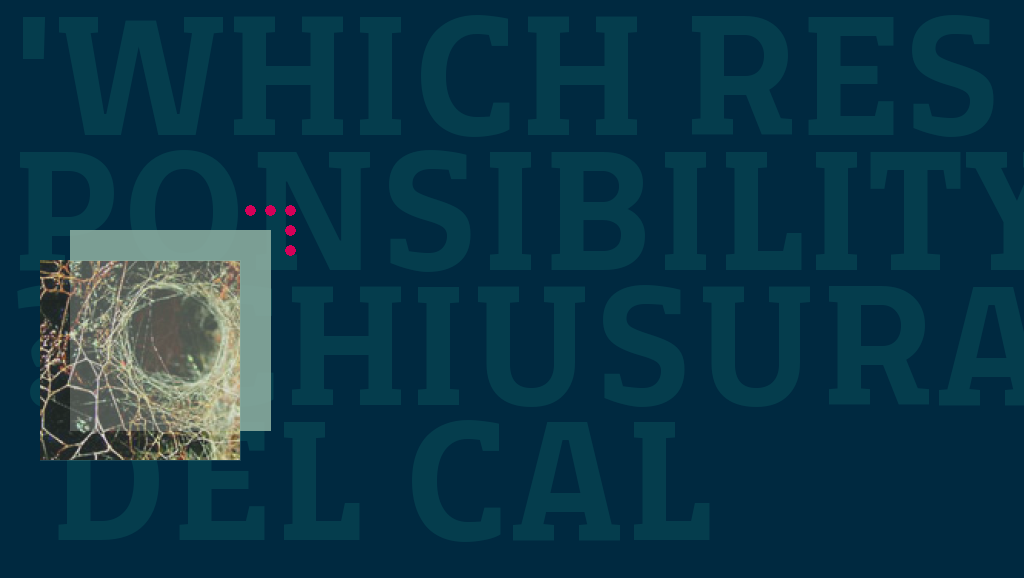
Chiudendo questo call for comments sullo statuto corrente della responsabilità dell’innovazione, ringrazio tutti coloro che hanno partecipato e si sono interrogati sulle questioni poste. Gli interventi – come era naturale ... ‘Which responsibility?’ Chiusura del call
Which responsibility? -part 2- (…continues from the previous entry)
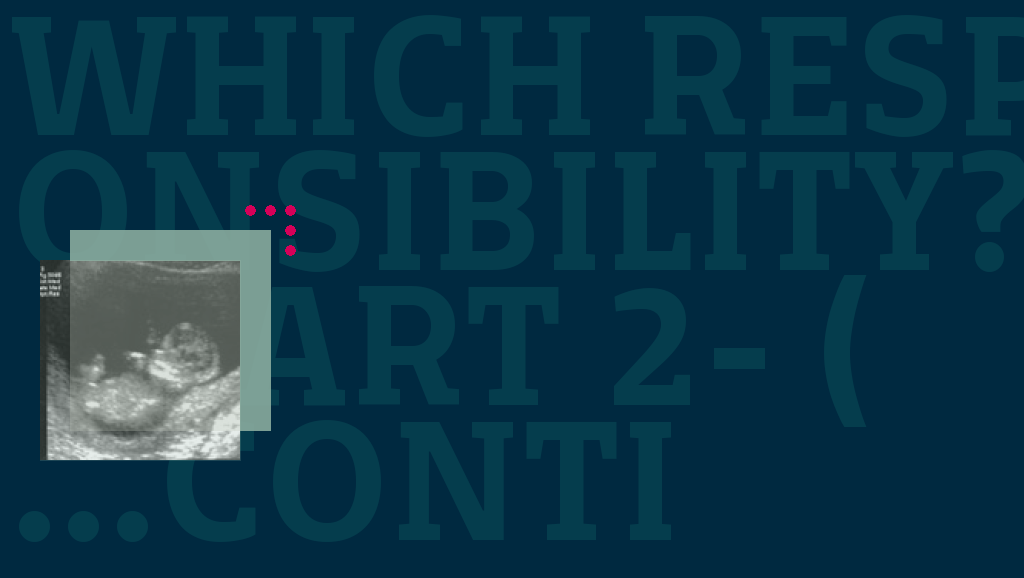
First of all thanks to all those who have so far contributed to this call for comments, which I plan to close on April 1st. I briefly recapitulate the line ... Which responsibility? -part 2- (…continues from the previous entry)
Science, Politics and Responsibility: An Agenda for the Governance of Innovation and Technology
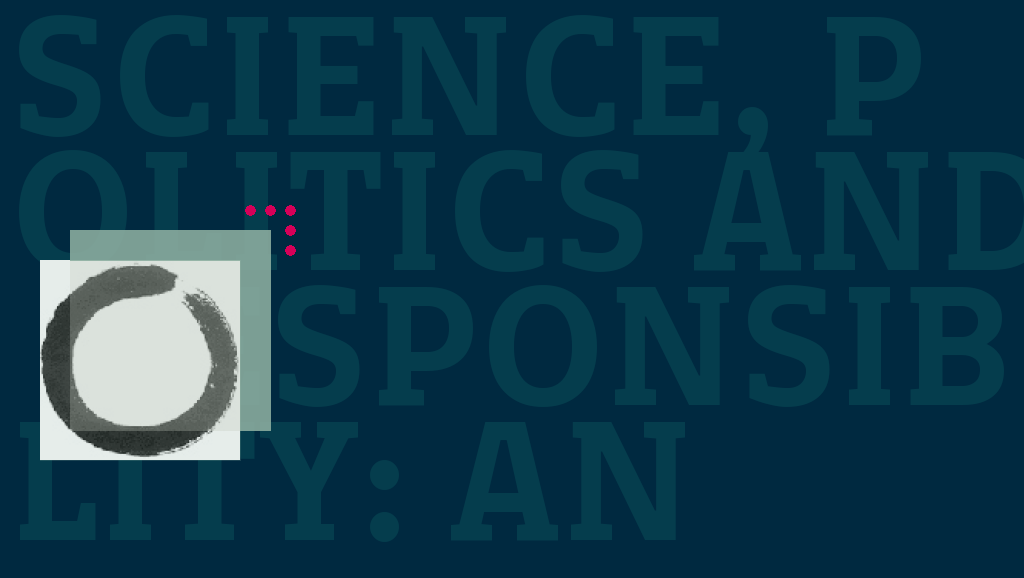
"When we go from ‘daily life’ to scientific activity, from the man in the street to the man in the laboratory, from politics to expert opinion, we do not go ... Science, Politics and Responsibility: An Agenda for the Governance of Innovation and Technology
An extract from the Oxford English Dictionary about the definition of the term ‘policy’

III. 8. attrib. and Comb., as (sense 5) policy decision, document, -maker, -making, statement; policy-making adj.; policy science (see quot. 1951); hence policy scientist. 1960 I. JEFFERIES Dignity & Purity ... An extract from the Oxford English Dictionary about the definition of the term ‘policy’
Which responsibility? – part 1- …This call for comments continues in the next entry…
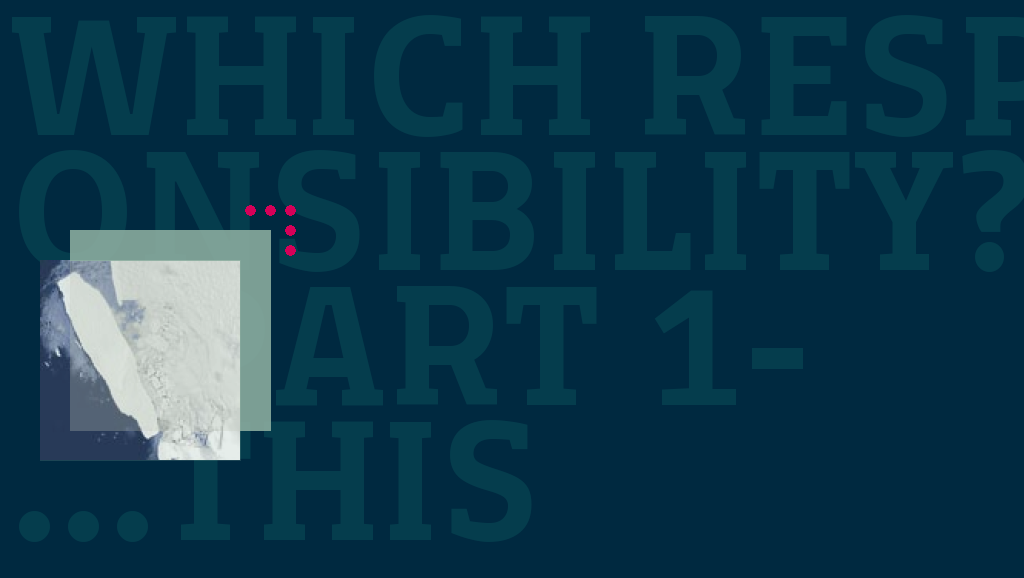
The ambitious goal of this call is that of initiating an exploration of possible ways of reflecting on the concepts of responsibility and innovation, without losing sight of the social, ... Which responsibility? – part 1- …This call for comments continues in the next entry…
Practice and Cognition, an anthropological view
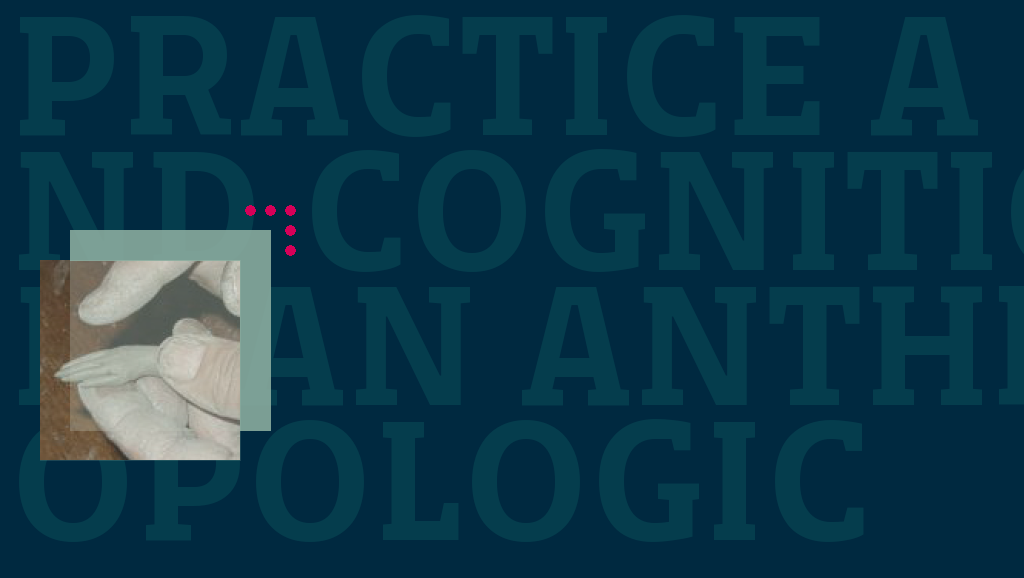
About the topic, already touched upon in the previous posts, of the role played by communities of practice in the processes of emergence and management of innovation, I wish to ... Practice and Cognition, an anthropological view
Art and innovation
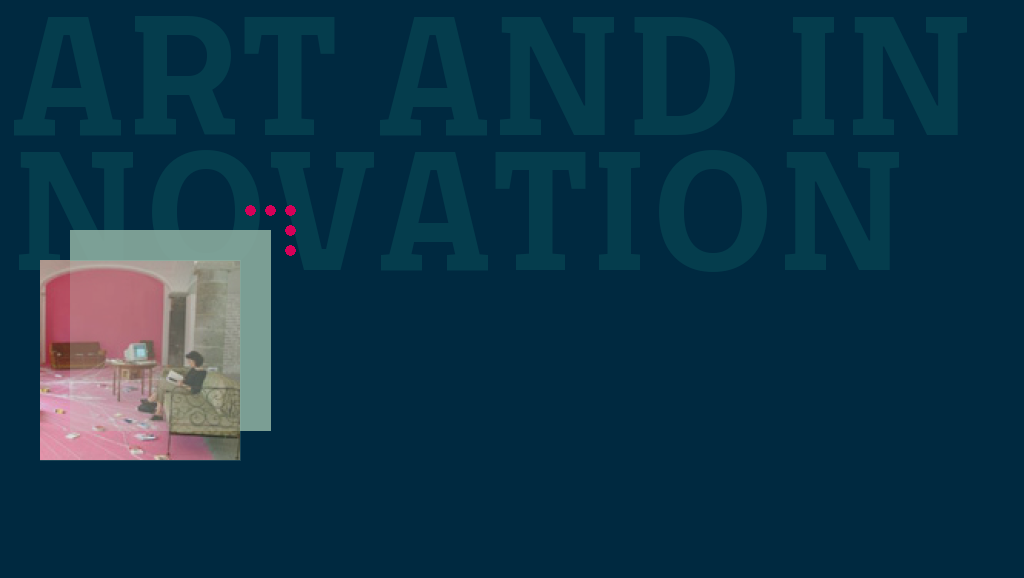
This is the first of a series of reviews that Valentina Porcellana will present on the anthropology of art as innovation. Many aspects of artistic practice are linked to the ... Art and innovation
‘Audit Cultures’, by Marilyn Strathern – Book review

In her edited collection Audit Cultures published in 2000 by Routledge, one of the leading figures of British anthropology, Marilyn Strathern, sets out to chart a new “kind of culture ... ‘Audit Cultures’, by Marilyn Strathern – Book review
On the Governance of Scientific Innovation and the Avoidance of Irresponsibility (PART 2)
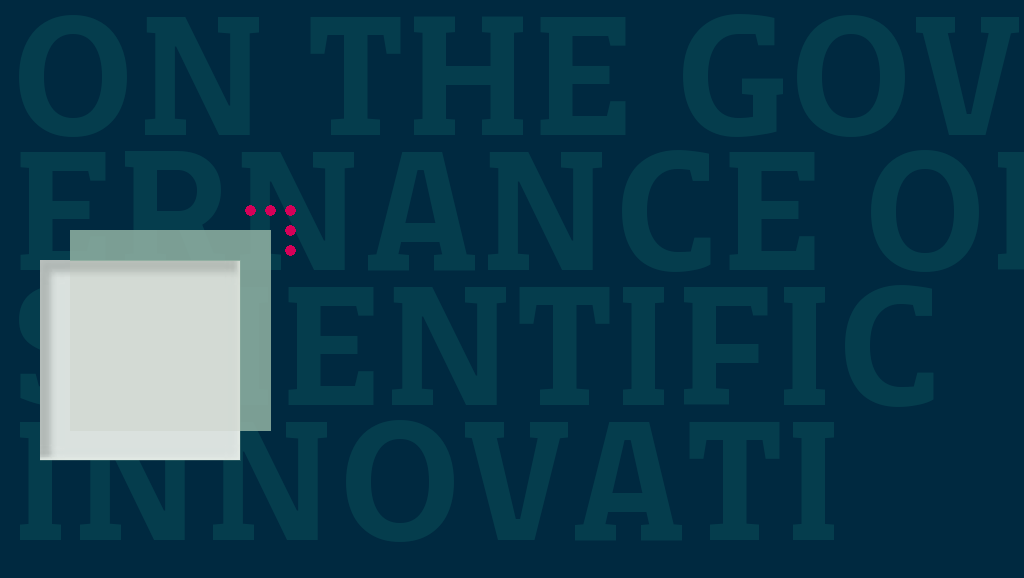
It is widely acknowledged that in a number of countries trust in political organisations has recently declined. Some are under attack as a result of their non-compliance with issues of ... On the Governance of Scientific Innovation and the Avoidance of Irresponsibility (PART 2)








